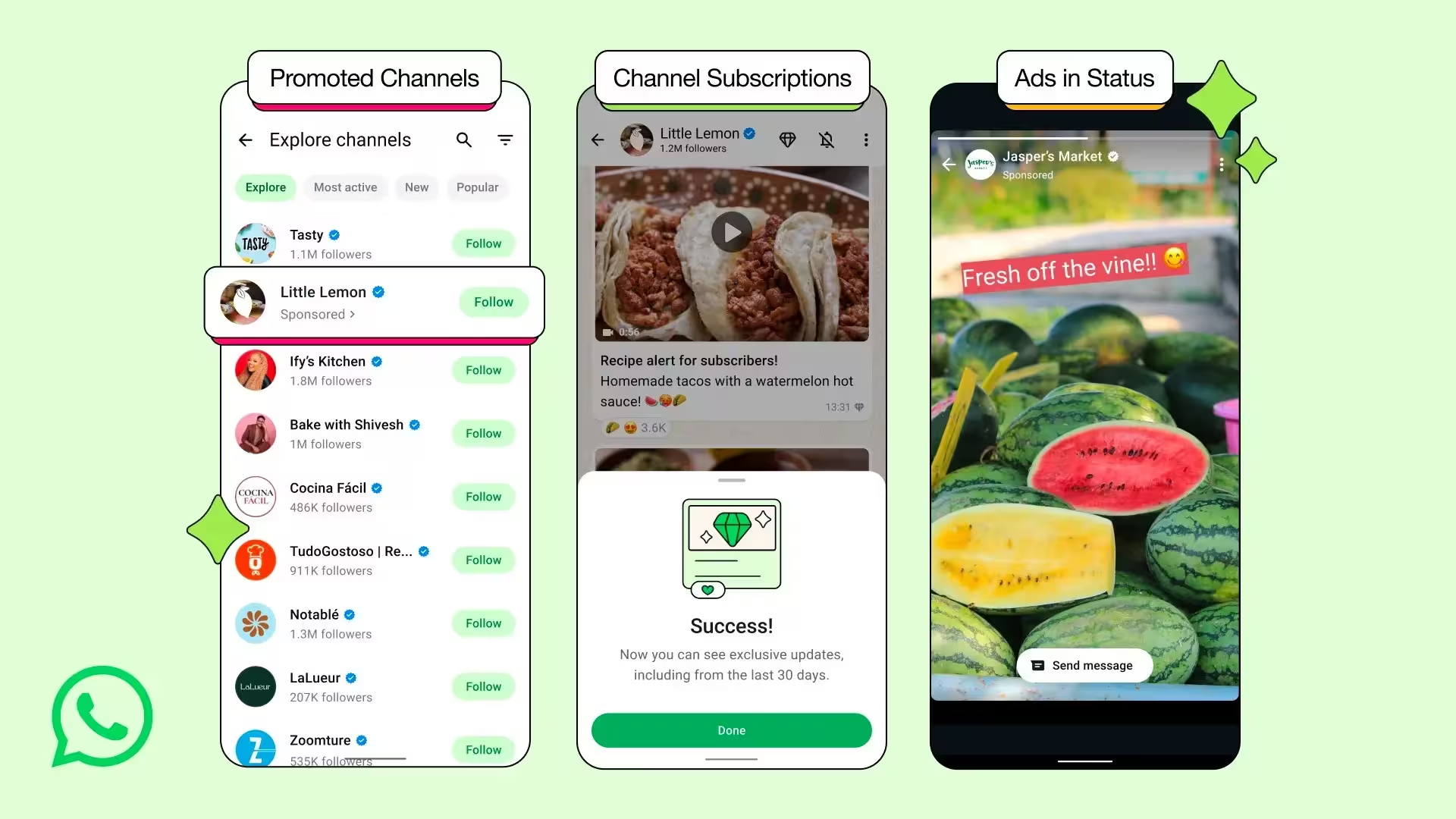2 Minutes
WhatsApp, the world-renowned messaging app owned by Meta, is preparing to roll out in-app advertising, echoing recent trends seen on platforms like Telegram and Instagram. After offering free services for years, WhatsApp's new strategy will see ads exclusively debut within the 'Status' section—similar to Instagram Stories, where users share photos, videos, and updates that disappear after 24 hours.
How WhatsApp Advertising Will Work
According to Meta, the advertising mechanism is designed with privacy in mind. Ads will be shown to users as they browse through Status updates, resembling the ad experiences currently present on Instagram Stories. These ads are tailored based on non-personal information such as user location (country or city), language preferences, and followed channels. Meta emphasizes that interactions with ads will further refine targeting, but personal identifiers—like phone numbers, private messages, calls, or group details—will not be used for ad personalization.
Privacy and Account Integration
WhatsApp users concerned about privacy can rest assured: unless they have connected their WhatsApp account with Meta's Account Center, their ads won't be personalized using deep personal data. For those who have linked their Meta accounts, ad settings from the Meta Account Center may influence the collected data used for ad targeting.

New Revenue Models and Market Impact
WhatsApp already allows businesses and individual users to promote their channels within the app’s Discover section, fostering the growth of content creators and brands. Additionally, select creators and companies now have the option to offer exclusive content through paid subscriptions, mirroring monetization features popularized in other messaging apps.
Competitive Landscape and Market Relevance
With over 1.5 billion daily users engaging with WhatsApp Status and Channels, this strategic pivot could dramatically reshape digital advertising in messaging platforms. Previously, WhatsApp's primary revenue came from its business-focused product, WhatsApp Business, a key driver recognized in Meta's financial reports. By bringing ads directly into the core app experience, WhatsApp aims to compete even more aggressively with Telegram, Instagram, and other dynamic platforms in the realm of digital marketing and user engagement.
Advantages and Use Cases
This move benefits businesses looking to reach a massive, engaged audience while allowing WhatsApp to diversify its monetization strategies. Users can expect targeted promotions without compromising their personal data, and brands can leverage WhatsApp's enormous reach to drive awareness and growth.
Source: techcrunch



Comments